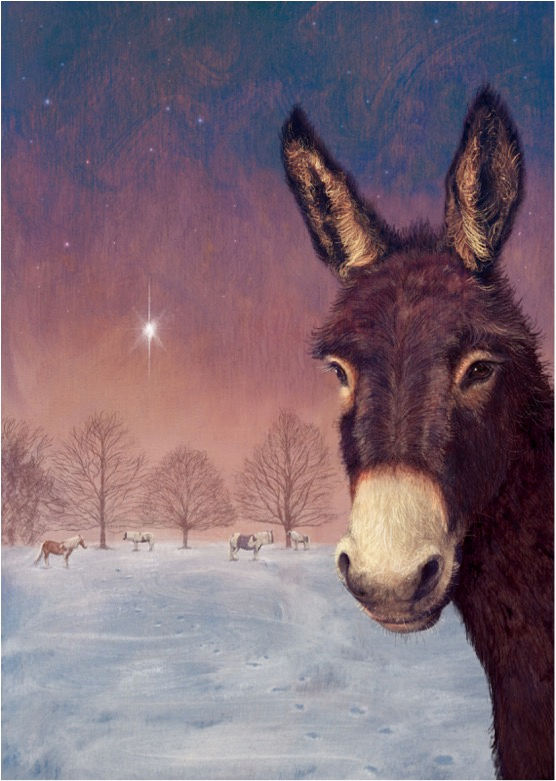Saint Wulfstan & the Gloucestershire Geese – Alison
- Alison
- Dec 2, 2021
- 2 min read

Saint Wulfstan (circa 1008 - 1095) was born in Warwickshire and trained as a clerk (a secular priest) in Worcester where he was eventually consecrated as Bishop in 1062. He had been professed as a monk sometime before 1038 and Wulfstan’s exemplary life as a monk is stressed by his biographer William of Malmesbury in his book ‘Life of St Wulfstan’.
As bishop, Wulfstan’s diocese consisted of Worcestershire, SW Warwickshire, a few small areas of Herefordshire, and Gloucestershire to the west of the rivers Severn and Leadon. His Vita states that he was responsible for building ‘many churches throughout the diocese that he began with vigour and completed to an excellent standard, not least his own cathedral…..’ and, in another passage, that ‘throughout all his diocese he built churches on lands that were in his jurisdiction and pressed for such buildings on the lands of others’. We can definitely point to Wulfstan’s hand in building works at Worcester Cathedral and the church at Westbury-on-Trym and in all likelihood he will at least have encouraged major rebuilding at Tewkesbury, Gloucester and Evesham. We know he dedicated a church at Gloucester (not the abbey) and there is a legend associated with him at Longney church in Gloucestershire.
An early hagiography by a contemporary of Wulfstan’s was revised by William of Malmesbury (c1095 - 1143) who records many anecdotes and miracles attributed to the saint. This illustration refers to an incident at Hawkesbury Church, Gloucestershire. While celebrating the Holy Mass Wulfstan was so ashamed of having been distracted by the delicious smells of roasted goose coming from the nearby manor kitchens that he vowed never again to eat meat. He is seen here partaking of a vegetarian meal in the company of some very appreciative geese. Canonised as a Christian saint in 1203 Wulfstan is celebrated today as patron saint of vegetarians and dieters - no doubt at least in part because of the story of the Hawkesbury geese.
Another Gloucestershire miracle and legend attributed to Wulfstan relates to the parish of Longney. According to William of Malmesbury the local thegn Aelfsige invited Wulfstan to come and dedicate the church there. On arrival Wulfstan saw a large nut tree in the churchyard that not only took light from the church but also, on summer days, sheltered Aelfsige and the parishioners whilst playing dicing games, feasting and indulging in other inappropriate ‘jollifications’. Wulfstan ordered the tree to be felled but when Aelfstige refused Wulfstan cursed the tree which withered and died. Thereupon it was declared that ‘nothing could be more bitter than Wulfstan’s curse, or nothing more agreeable than his blessing’.
As a topical ‘postscript’ it is interesting to note that Wulfstan opposed the trade in Christian slaves, in particular between Ireland and Bristol, and is, for that reason, described today as Bristol’s first abolitionist.



Comments